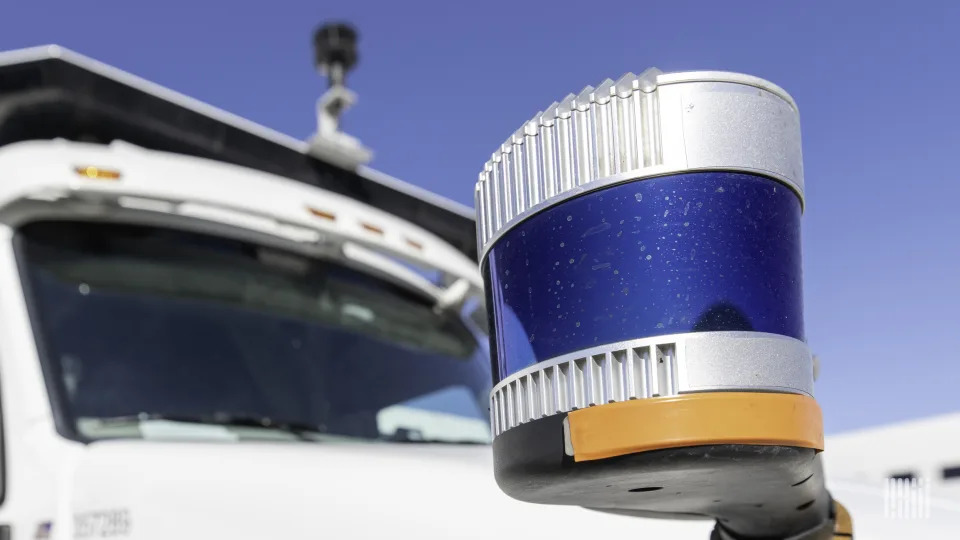
Autonomous driving technology provider TuSimple on Monday agreed to a $189 million settlement after being accused of defrauding shareholders. According to reports , all defendants denied any wrongdoing in agreeing to the settlement.
The case, filed in federal court in San Diego, centers on claims that TuSimple inflated its safety record and failed to disclose that three company insiders were governing a Chinese trucking competitor, Hydron.
According to court documents, the autonomous tech provider has already deposited $174 million into an escrow account, while its insurers have contributed an additional $15 million toward the settlement.
The allegations against TuSimple stem from the period leading up to its April 2021 initial public offering, in which it raised $1.35 billion. Shareholders accused the company of exaggerating the safety of its technology, suggesting that its primary goal was to fine-tune the autonomous driving systems on U.S. roads before transferring the improved technology to Hydron in China.
These claims came to a head in August 2022 when The Wall Street Journal reported on an Arizona freeway crash involving a TuSimple truck. The incident, which had occurred four months prior, highlighted growing concerns among analysts and employees that the company’s rapid push to deliver driverless trucks was compromising public safety.
This settlement marks yet another significant challenge for TuSimple. In May, TuSimple reached another settlement, this time with the Committee on Foreign Investment in the United States (CFIUS). The issue involved temporary vacancies in the security director position and on the board’s government security committee in 2022, as well as questions over whether certain intellectual property was transferred in violation of a national security agreement.
Related: Autonomous truck developer TuSimple going private
TuSimple resolved these matters without admitting fault, and the conclusion of CFIUS’ investigation allowed the company to refocus its efforts. Cheng Lu, the president and CEO of TuSimple, expressed relief at putting the issue behind them, stating that the resolution would enable the company to better concentrate on its next development phase.
As TuSimple continues to navigate its legal and operational challenges, the company’s future remains uncertain. The recent settlements and shift in focus raise questions about its long-term strategy and ability to become a leader in the autonomous driving industry.
In January, TuSimple announced it would voluntarily delist from the Nasdaq and shut down most of its U.S. operations. This decision, coming just a few years after its IPO, signaled a strategic shift as TuSimple appeared to be concentrating its efforts on Asia, where it may see more favorable market conditions and fewer regulatory challenges.
And early this month, the company announced it’s also venturing into the movie and video game industry. It has partnered with Shanghai Three Body Animation to develop an animated film and video game based on the sci-fi series “The Three-Body Problem.” This move leverages TuSimple’s generative AI technology, aiming to accelerate content creation and commercialization.
Articles by Grace Sharkey
How freight fraud became the perfect crime
Altana becomes FreightTech’s next unicorn after closing Series C
Outpost taps modern tech for parking visibility
The post TuSimple plans to settle federal fraud lawsuit for $189M appeared first on FreightWaves .





